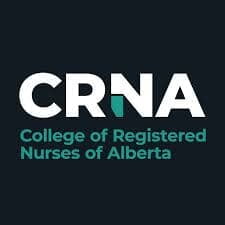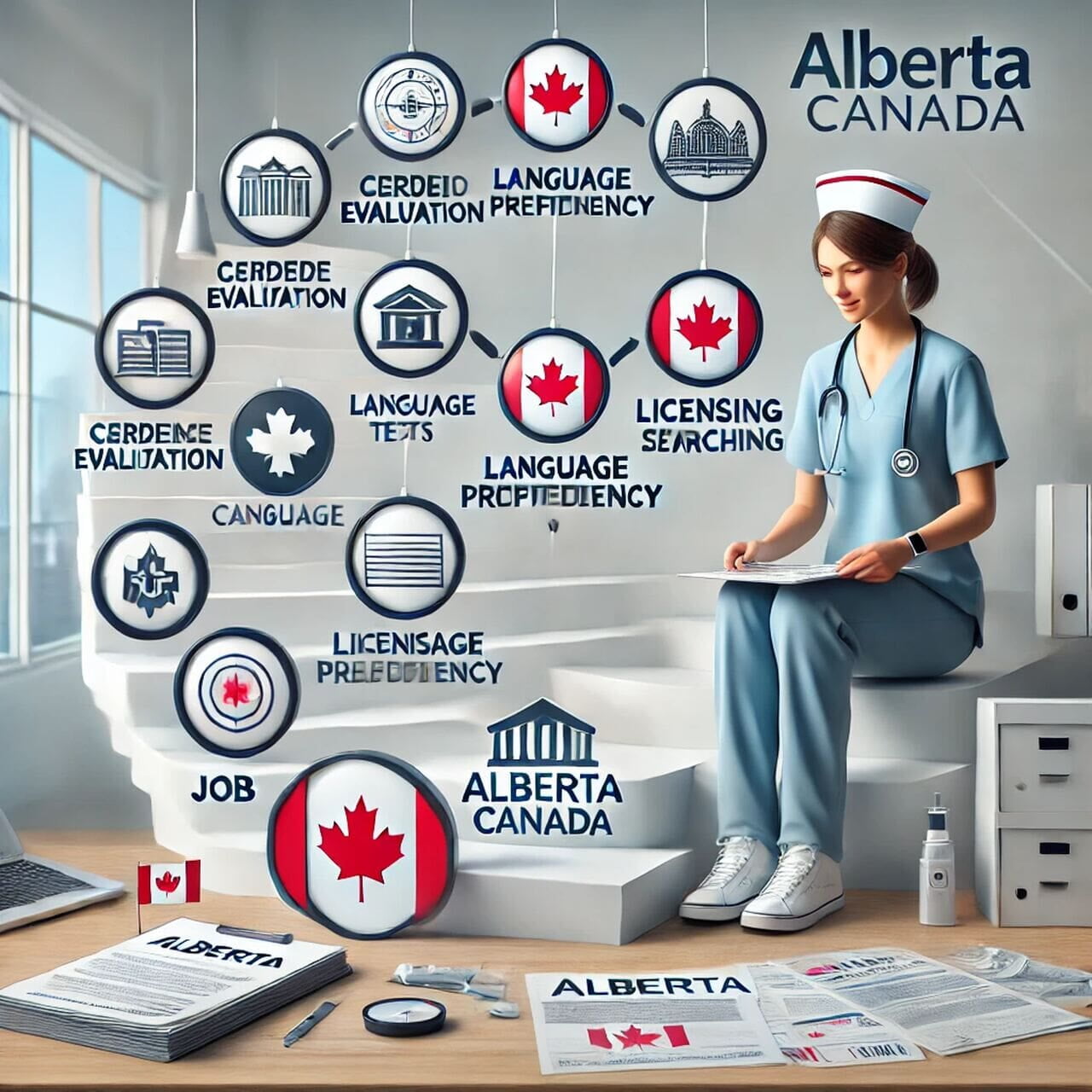Key Roles and Functions of the CRNA for European Nurses:
1. Licensing and Registration:
- European nurses must obtain a license from the CRNA to practice in Alberta. This involves assessing the qualifications you have obtained in your home country and determining their equivalency to Canadian standards. The CRNA provides resources and guidance on the steps needed for internationally educated nurses. [Licensing Information](https://www.crna.ab.ca/registration-and-renewal)
2. Practice Standards and Guidelines:
- The CRNA establishes standards of practice and codes of ethics that all nurses, including those educated internationally, must adhere to. These standards ensure that all nurses provide safe, competent, and ethical care. Familiarizing yourself with these guidelines will help you understand the expectations and responsibilities you will have as a registered nurse in Alberta. [Standards and Guidelines](https://www.crna.ab.ca/practice-and-conduct)
3. Continuing Competence:
- To maintain your registration with the CRNA, you will be required to engage in ongoing professional development. The Continuing Competence Program (CCP) is designed to ensure that all registered nurses maintain and enhance their skills throughout their careers. For European nurses, this is an opportunity to align your previous experience with the continuing education requirements in Alberta. [Continuing Competence Program](https://www.crna.ab.ca/competence)
4. Complaints and Discipline:
- The CRNA is responsible for investigating any complaints about the conduct or practice of registered nurses. This is part of their mandate to protect public safety. Understanding the complaint and discipline process is important for all nurses practicing in Alberta. [Complaints and Discipline](https://www.crna.ab.ca/complaints)
5. Advocacy and Public Awareness:
- While the CRNA primarily functions as a regulatory body, it also advocates for the nursing profession and works to enhance public understanding of the vital role that nurses play in healthcare. This is particularly important for internationally educated nurses who are integrating into the Canadian healthcare system. [Public Awareness](https://www.crna.ab.ca/about-us)
6. Collaboration with Other Organizations:
- The CRNA collaborates with other healthcare regulatory bodies, educational institutions, and government agencies to ensure that the nursing profession in Alberta remains robust and responsive to the needs of the population. European nurses will benefit from understanding these collaborations, especially if they are looking to further their education or engage in specialized areas of practice. [Collaborations](https://www.crna.ab.ca/partnerships)
Steps for European Nurses to Become Registered in Alberta:
To practice as a registered nurse in Alberta, European nurses must:
- Pass the NCLEX-RN Exam: All nurses in Alberta must pass the NCLEX-RN exam, which tests the competencies required to perform as a registered nurse. Preparing for this exam is crucial, and many resources are available to help internationally educated nurses succeed. [NCLEX-RN Information](https://www.ncsbn.org/nclex.htm)
Support and Resources:
The CRNA offers various resources to assist European nurses in the transition to practicing in Alberta. This includes guidance on the registration process, study materials for the NCLEX-RN, and support for meeting the continuing competence requirements.
For more detailed information and to start your application process, visit the CRNA’s official website: [CRNA Website](https://www.crna.ab.ca).
This overview provides European nurses with the essential steps and resources needed to begin their nursing career in Alberta, ensuring that they meet all regulatory requirements and are well-prepared to provide high-quality care in their new professional environment.
In 2024, the cost for a European nurse to register with the College of Registered Nurses of Alberta (CRNA) includes several components:
Application Fee: This is a one-time fee for the initial application and assessment, which is $113 CAD (plus GST).
Annual Practice Permit: Once registered, the nurse must pay an annual fee for the practice permit, which for the 2024-2025 period is $480 CAD (plus GST).
Additional Costs: There may be additional costs associated with certain processes like credential assessments or English language testing, depending on individual circumstances.
To sum up, the total initial cost would be $593 CAD (including GST) for the application fee and the first year's practice permit. Ongoing costs would be the annual practice permit fee of $480 CAD (plus GST)(
College of Registered Nurses of Alberta
)(<div><span><a href="https://nurses.ab.ca/news/2024-2025-permit-fees/" ;="" target="_blank" rel="noopener"><span>College of Registered Nurses of Alberta</span></a></span></div>)(<div><span><a href="https://nurses.ab.ca/how-we-operate/funding-and-fees/" ;="" target="_blank" rel="noopener"><span>College of Registered Nurses of Alberta</span></a></span></div>).



